Jennifer Hoppe-House on Bad Dog, Grace and Frankie and her carbonated coming out
"Bad Dog" Screenwriter Jennifer Hoppe-House wanted to tell a story about a family -- one where being gay was the least of everyone's worries

“I couldn’t break into television,” Jennifer Hoppe-House says. “So I wrote a feature with my girlfriend at the time. She became my writing partner and is still my writing partner.”
With Nancy Fichman, Hoppe-House has penned scripts for FX’s Damages, Showtime’s Nurse Jackie, and Netflix’s Grace and Frankie. Now, as part of the Women’s Voices Theater Festival, Hoppe-House is setting out on her own with her play Bad Dog, which deals with addiction, family, and the shared stories that influence them both.
METRO WEEKLY: Tell me a little bit about Bad Dog.
JENNIFER HOPPE-HOUSE: I wanted to make a play about people who happen to be gay — not a play about people being gay. We all have other issues. We don’t deal with the issue of being gay for the rest of our lives. I also wanted to deal with addiction from the perspective of the addict. There are a lot of plays from the perspective of the people that addicts hurt, but addicts feel a lot of pain, too. They take that pain from their families and they go out into the world and they experience more of it, and they cause more of it. Lastly, I wanted to see how a family is remembered as a group. How do we treat our mutual histories? How do we remember it the same, and how do we remember it differently? How does humor affect that history? I also finally wanted to write something by myself.
MW: What was your family life like?
HOPPE-HOUSE: I grew up in Dallas. I went to an arts magnet high school, and discovered playwriting there. It was the coolest thing — it was the ’80s, and in that part of Dallas, in this high school, nobody thought about being gay. There wasn’t a stigma attached to it. Most of the guys in the dance department were gay. There were all kinds of races, all kinds of sexual identities in the ’80s in Dallas. There, I found my pockets of people and I said, “Oh, this is part of life, I don’t have to be stigmatized by it.”
I’ve been out since I was 17 or 18. I never hid it from anyone — no employer, nobody at a dinner party, nobody anywhere. My mother used to call it being gay with a vengeance.
MW: When did you realise you were gay?
HOPPE-HOUSE: I had a friend — my best friend — who I was madly in love with, but I had no idea I was in love. She was straight, but you know, we were teenagers. You’re coming into your sexuality, and there are all those questions: What do you do? Who do you do it with? There’s such a curiosity and excitement behind sex when you’re a teenager. That’s the thing about sex and sexuality, you’re kept from it until you’re old enough. I remember I had boy dates and nothing really happened. One day, I slow danced with my best friend and my blood suddenly became carbonated. I was driving home and thinking: “What is wrong with me? Am I gay?” Then I was like, “Oh forget it. There’s not much I can do about this.”
So I know there was a transition period between feeling sexual attraction towards a girl and accepting myself as gay, but once I accepted it, I was off. My sister even talked to me about it and we went out to lunch. She was older and very somber about it. Then I found out, years later, that she was gay.
MW: It must have been pretty incredible to learn that your sister was also gay?
HOPPE-HOUSE: For me, it was important to represent that story on stage. It’s part of my life and it’s part of life for a lot of people. It’s very much part of the world that I live in — and I wanted that to be seen.
One of [Olney’s] donors asked me, “How come you have two gay women in this play? How come there are two sisters who are gay?” It’s because I have come across that a lot — like a lot. I have probably ten to fifteen friends who are gay and who have gay siblings as well. I know one family where it’s three out of four. Talk about a fun Thanksgiving. Everybody can cook, everybody is funny, and the table looks fabulous.
MW: You mentioned addiction, is that something you have personally dealt with?
HOPPE-HOUSE: It is. I’ve had to deal with it in so many different ways. I’ve had to stop smoking pot. I’ve had to stop drinking. I’ve had to stop taking sleeping pills of any kind. I was treated for ADD, and I got addicted to pain medication and ended up in treatment for it. I am an addict, but I am being treated for it.
MW: How did you get involved with screenwriting and, more specifically, Grace and Frankie?
HOPPE-HOUSE: When I realized that I could actually make money writing, I thought, “I’ll just move to Los Angeles, and become a TV writer” — which didn’t happen. I just couldn’t break into television. So I wrote a feature with my girlfriend at the time. She’s still my writing partner. We were together for 10 years, and now we are just exes in a room bickering in front of people.
We were friends with the creator of Nurse Jackie who liked our writing a lot, and the well was starting to run dry for us, so they said “Come on to Nurse Jackie.” That’s how we got started in television. Then, we landed in Marta Kauffman’s office and Howard Morris was there — they are the creators of Grace and Frankie — and we just hit it off. I am in love with Marta Kauffman. She is my mentor and my friend, and the greatest boss I’ve ever had. She’s maternal and loving and generous. I’m very lucky. Now I say good morning to Jane Fonda and Lily Tomlin every morning.
MW: How does it feel to be writing for two legends?
HOPPE-HOUSE: I write for the characters. But when I get down to the set and Lily Tomlin and Jane Fonda are saying the words that I wrote, I can’t believe it. It’s like slow dancing with that girl the first time. It’s like, “Whoa my blood is carbonated.” I mean, I was and am a huge Lily Tomlin fan — every time I see her I giggle. I still can’t believe she knows my name.
Bad Dog is part of the Women’s Voices Festival and runs to October 25 at Olney Theatre Center, 2001 Olney Sandy Spring Rd, Olney, MD. Tickets range from $35 to $55. For more information call 301-924-340 or visit olneytheatre.org.
Support Metro Weekly’s Journalism
These are challenging times for news organizations. And yet it’s crucial we stay active and provide vital resources and information to both our local readers and the world. So won’t you please take a moment and consider supporting Metro Weekly with a membership? For as little as $5 a month, you can help ensure Metro Weekly magazine and MetroWeekly.com remain free, viable resources as we provide the best, most diverse, culturally-resonant LGBTQ coverage in both the D.C. region and around the world. Memberships come with exclusive perks and discounts, your own personal digital delivery of each week’s magazine (and an archive), access to our Member's Lounge when it launches this fall, and exclusive members-only items like Metro Weekly Membership Mugs and Tote Bags! Check out all our membership levels here and please join us today!





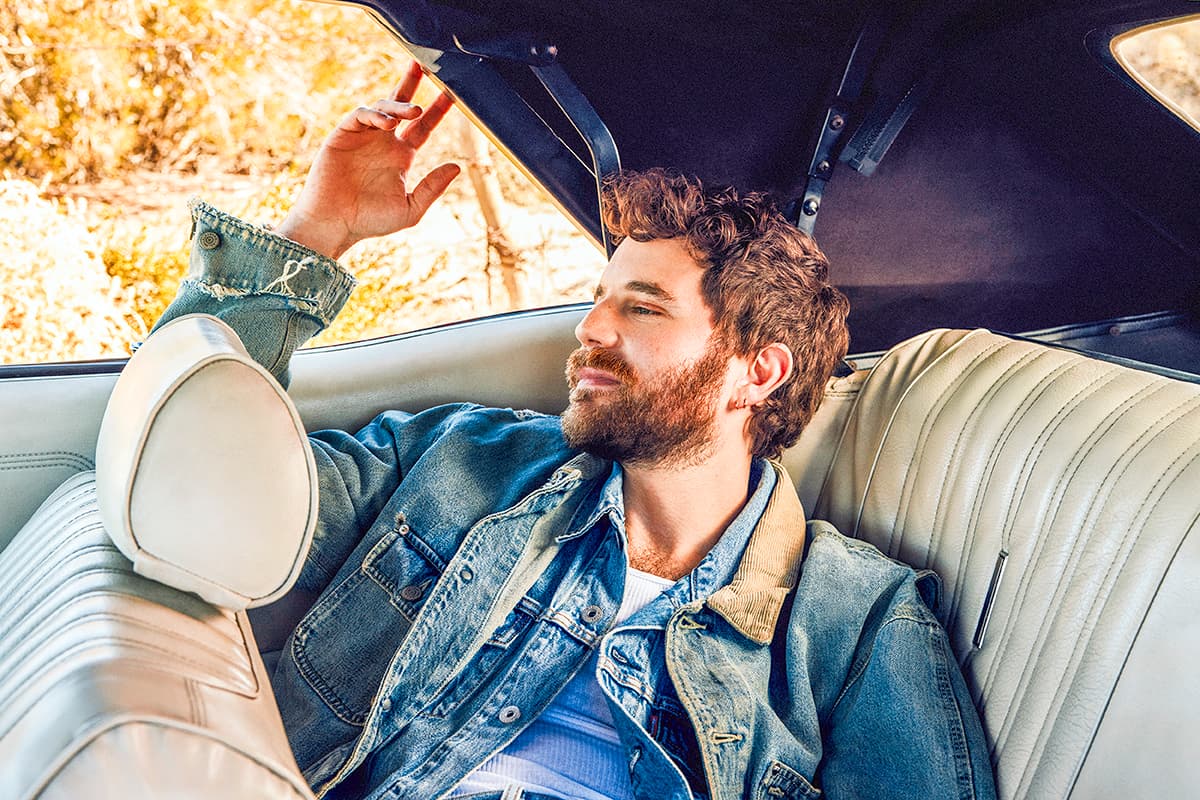
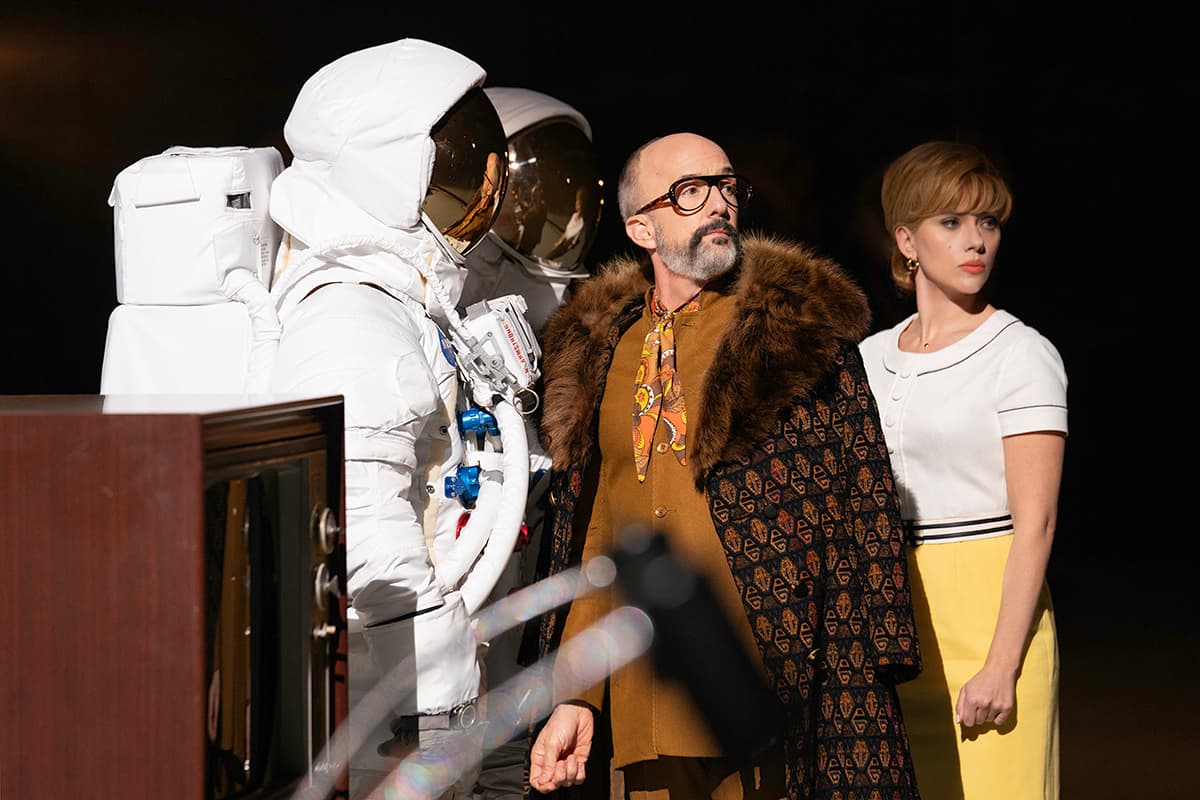














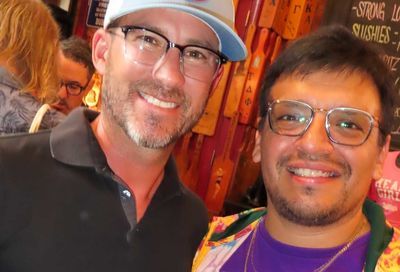
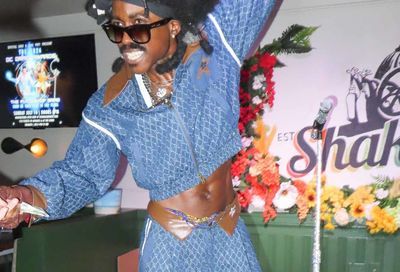
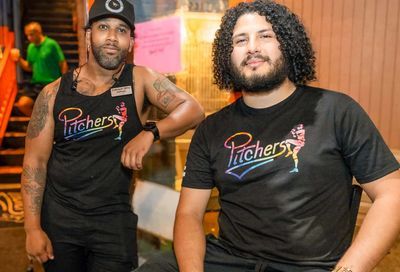
You must be logged in to post a comment.